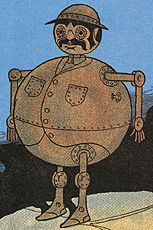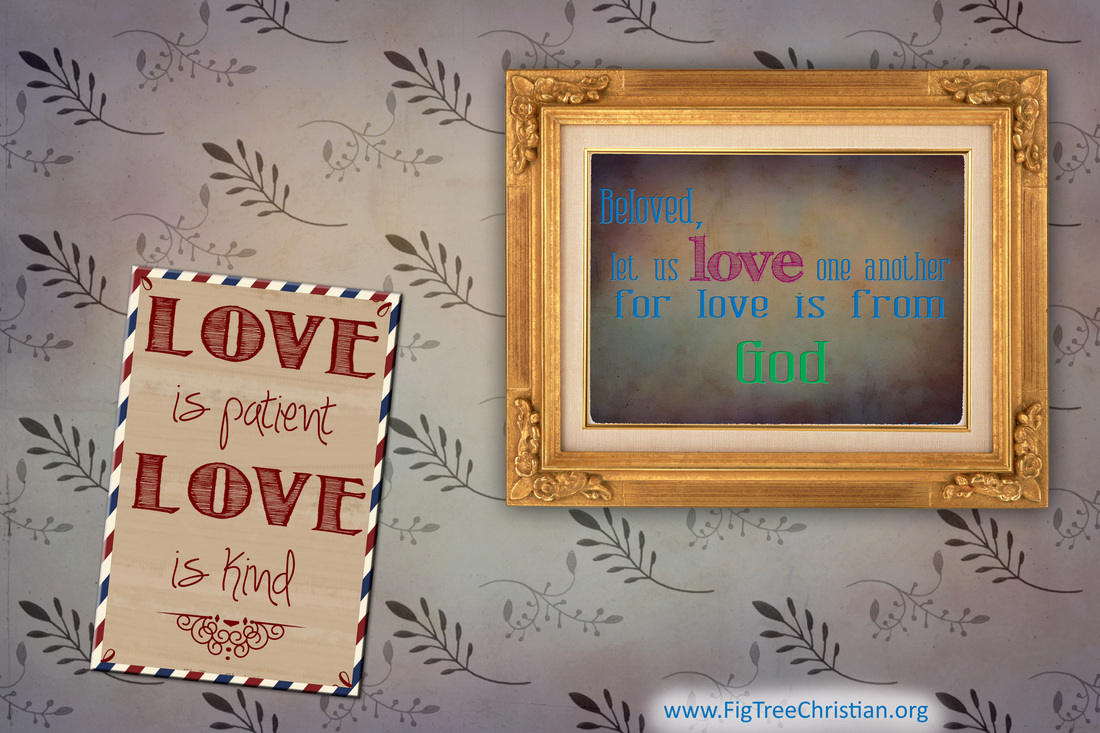|
In one of the many Oz books, written by L. Frank Baum, Dorothy finds herself trapped in a storage room. Outside the tiny room is her impending doom and inside is a mechanical man simply called, ‘the army of the king.’ When wound up the machine announces his self to be Tik Tok. As Dorothy and Tik Tok talk the machine goes into great detail over his creation. Apparently, his two creators were the absolute best in their field. Together they were able to create anything. They were so good their creations became their doom. One, painted a picture so perfectly it became real and he fell into it never to be heard from again. The other, saddened over the first’s loss, made a ladder so tall he climbed himself into oblivion.  Tik Tok knew his internal mechanics were incredibly intricate and he would cease to function if anyone opened him up to even try to understand the complex science used to make him work. He didn't want to be dismantled. He was unique and one of a kind. Existing was a way his creators continued to live through him. In a way, he was a reflection of the people who painstakingly spent years putting him together. While a children’s book may not be a scholarly example it widens our view of the text for today. The letter to Philemon is short. It only covers two pages in the bible. It says tons within those pages. Specifically, think about what Paul is reflecting to Philemon in this letter. I promise you, there is a connection, but first, the scripture. I will be pulling the text from the Common English Bible: Philemon, I thank my God every time I mention you in my prayers because I’ve heard of your love and faithfulness, which you have both for the Lord Jesus and for all God’s people. I pray that your partnership in the faith might become effective by an understanding of all that is good among us in Christ. I have great joy and encouragement because of your love, since the hearts of God’s people are refreshed by your actions, my brother. Therefore, though I have enough confidence in Christ to command you to do the right thing, I would rather appeal to you through love. I, Paul- an old man, and now also a prisoner for Christ Jesus- appeal to you for my child Onesimus. I became his father in the faith during my time in prison. He was useless to you before, but now he is useful to both of us. I’m sending him back to you, which is like sending you my own heart. I considered keeping him with me so that he might serve me in your place during my time in prison because of the gospel. However, I didn’t want to do anything without your consent so that your act of kindness would occur willingly and not under pressure. Maybe this is the reason that Onesimus was separated from you for a while so that you might have him back forever- no longer as a slave but more than a slave- that is, as a beloved brother. He is especially a beloved brother to me. How much more can he become a brother to you, personally and spiritually in the Lord! (For the full text click here)  In context of this particular letter it was written about 30 years following the death and resurrection of Jesus Christ. A lot can happen in 30 years. An unsure Peter becomes the rock on which the church is built. Household churches begin to gather across the Roman world, and Paul has a conversion experience on the road to Damascus. Focusing in on Paul, it is great deal because of him we know what happened following the Gospel accounts. He wrote letters: letters that were treasured and saved by the people he wrote them to. Letters that were copied and sent to other congregations so they could treasure them also. Letters that would shine a light into early Christian worship. In this case, a letter that would also shine a light on the person writing it, Paul. Throughout his many letters Paul seems to hold two Christian concepts the highest: faith and love. Let’s remember, these early churches would be the first to be hearing the story of Jesus second hand. Having faith the stories were true was important to understanding everything else. Today, we have it much easier than they did. If we need to know something that happened 30 years ago we can look at old news reels, read books written from that year. If we want, I am positive there are websites dedicated to the year 1983. For the early church, they had none of that; they had the stories. Paul vouched for the stories as a person who went through a first hand experience, the Damascus experience. Still, the people listening and learning from Paul also had to take his experience on faith. Other than faith, he focused on love. Not a simple love that absentmindedly gives chocolates on Valentine’s Day. No, this love seeks with patience, kindness, humility, and need for the greater good. (1 Cor. 13) Faith hope and love with the greatest of these being… love. This is a faith, hope, and love also expressed in 1 Thessalonians as Paul writes, "We always thank God for all of you when we mention you constantly in our prayers. This is because we remember your work that comes from faith, your effort that comes from love, and your perseverance that comes from hope in our Lord Jesus Christ in the presence of our God and Father." (1:2-3)  Now if I may pull just one more scripture into the mix: 1 John 4:7-8. "Beloved let us love one another, because love is from God; everyone who loves is born of God and knows God. Whoever does not love does not know God, for God is love." God is love. Perhaps I am going a step too far by adding First John because it was not written by Paul- but it is the flashlight I’m using to shine a light on Paul’s letter to Philemon. By saying God is love you are moving from acting love to being love. It is the difference between creating a reflection by looking into a mirror and being the reflection. When love is acted in a Christian understanding those acting it become reflections of God, because God is love. Does that make sense? In Paul’s letter, he is dealing with a deep issue, an issue he didn’t vocally endorse: slavery. As he wrote in his letter, he had every right to be forceful with the issue and tell Philemon to let his slave free. However, Paul is acting in love and we see reflections of God in his words.
If we can let go and let God, we can become a shining beacon of God’s everlasting love in the world. As St. Francis of Assi wrote: Preach the gospel at all times, and when necessary, use words. Yes, words are necessary, but they are worthless syllables, vowels, and consonants if we are not reflecting love or if we are reflections of something other than the divine. Work at being a beacon of God’s everlasting love, and be a reflection of God. |
Categories
All
Archives
October 2023
|




 RSS Feed
RSS Feed